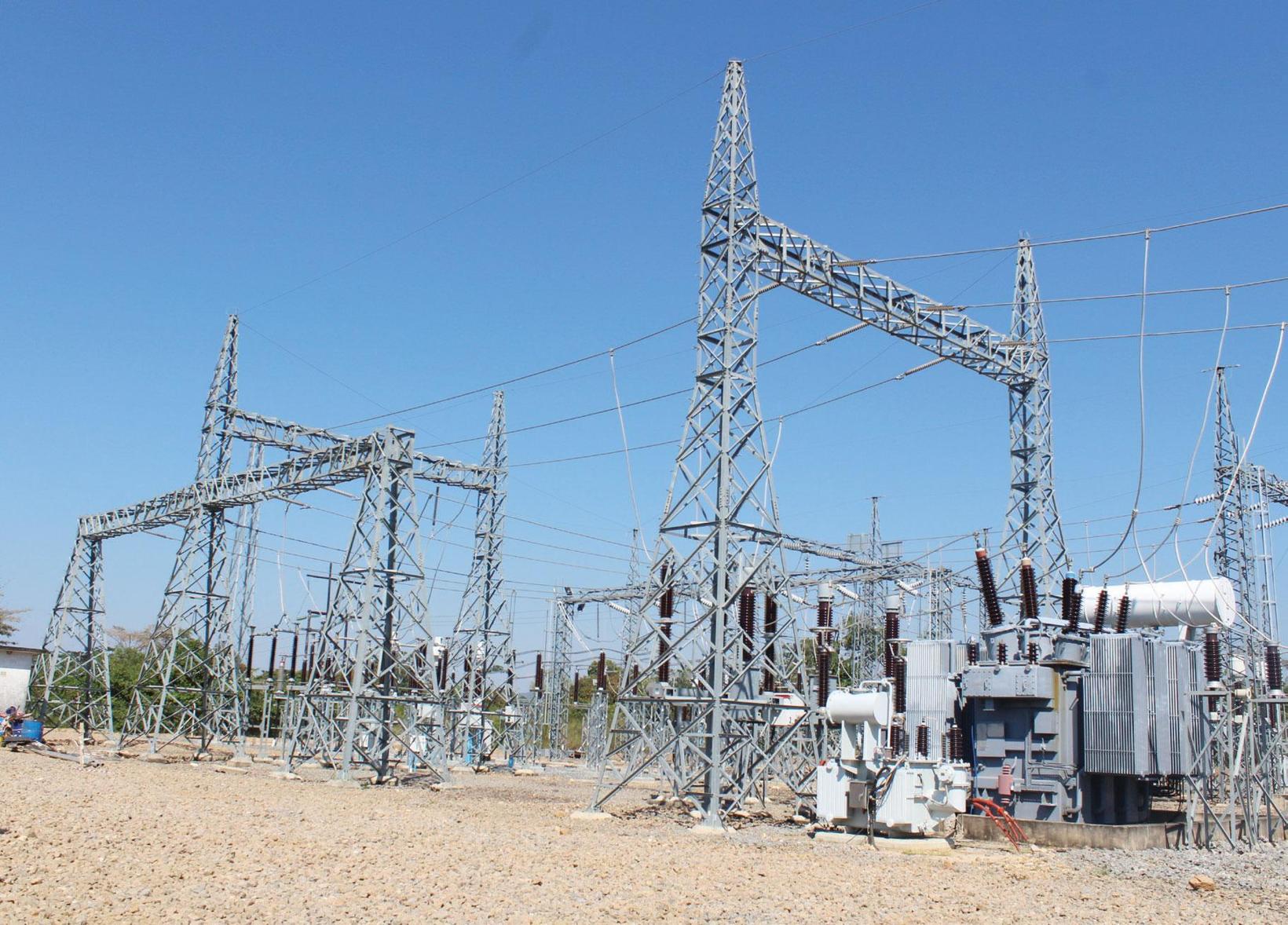Africa-Press – Malawi. An energy expert, John Taulo, has said Malawi has a long way to go to meet its aspiration of increasing electricity generation capacity if it does not put in place clear and coherent policies governing the industry.
Taulo, Head of Energy Resources Department at the Malawi University of Science and Technology, said this on Tuesday at a two-day 2022 Annual Energy Conference in Mangochi District. He said the country needed a review of the regulatory and institutional frameworks and push towards building the technical capacity of players.
This comes as Malawi aspires to increase electricity generation capacity to 1,000 megawatts (mw) by 2022 while it staggers to have both the State-owned Energy Generation Company (Egenco) and independent power producers (IPPs) add substantial amounts of power to the national grid.
The sector is also facing other challenges following the shutdown of the Kapichira Hydro Power Station which supplies about 129.6mw to the grid. By the time the ambitious plan to grow energy generation capacity was outlined last year, Malawi faced a 358mw power generation deficit as demand was projected at about 800mw against a total installed generation capacity of about 441.95mw.
But speaking at the energy indaba, Taulo said inadequate financing and investment, limited technology transfer and skill and lack of well-organised renewable energy resource data have contributed to derailed progress in the sector.
Taulo said there is clear evidence that Malawi is blessed with abundant renewable energy resources for electricity generation, including hydro, solar, wind, bioenergy and geothermal which, if harnessed, could end the energy challenges facing the nation.
“The energy sector is key to economic growth and socio-economic development. It can contribute to industrialisation and urbanisation and play an important role in achieving sustainable development, hence ensuring access to electricity has become a priority and has been included in the Sustainable Development Goals (SDG).
“We need clear and coherent harmonised policies, institutional and regulatory frameworks to spur investment and facilitate market development and new paradigm of decentralized, decarbonised and democratised energy services will enable Malawi to reach universal energy access by 2030 in pursuit of the SDGs and African Union Agenda 2063,” Taulo said.
He gave an example of biogas plants that would take five months to construct to produce at least 2mw of electricity at a cost of approximately $3 million dollars.
Malawi Energy Regulatory Authority Chief Executive Officer Henry Kachaje said following a recent energy sector review, there is now room for players in the energy sector with capacities to feed into the national grid.
However, he said, other power sources have proven unreliable as they provide power fluctuation that affects the system. “We are ready to accommodate more players that have capacity to produce energy in whatever area but I would like to qualify the kind of power that the nation needs.
“Mostly, what we have seen are solar plants but the reality we have experienced is that we need a stable base power load upon which we can add the additional renewable energies and, so far, that is hydro power. For example, if we need 1,000mw, at least 800mw must be hydro,” Kachaje said.
Energy is a serious aspect of economic growth, especially in the industry; therefore, the dream needs to be expedited for the benefit of the economy. Currently, the country needs installed capacity of more than 500mw to reach the dream of having 1,000mw by 2025.
For More News And Analysis About Malawi Follow Africa-Press






